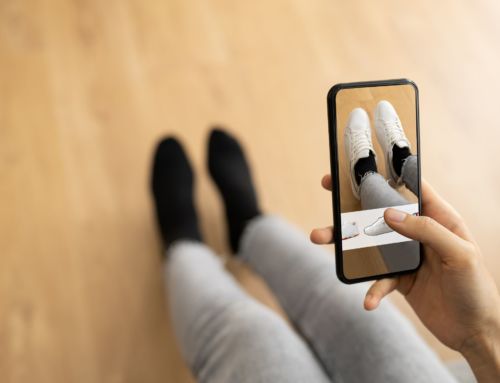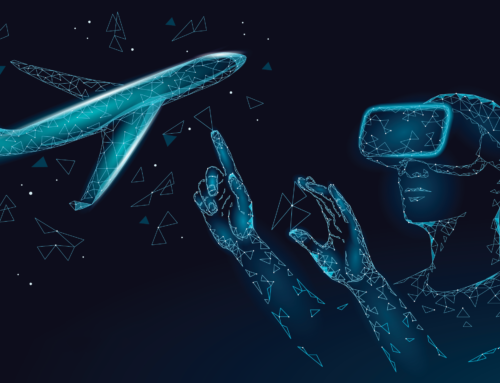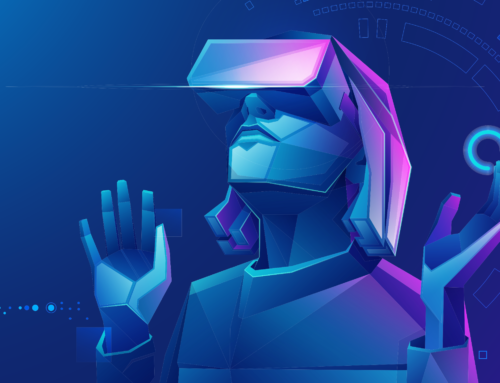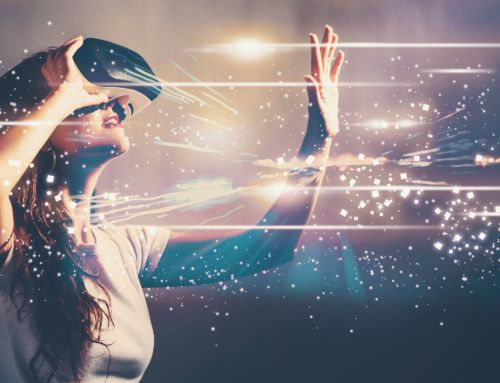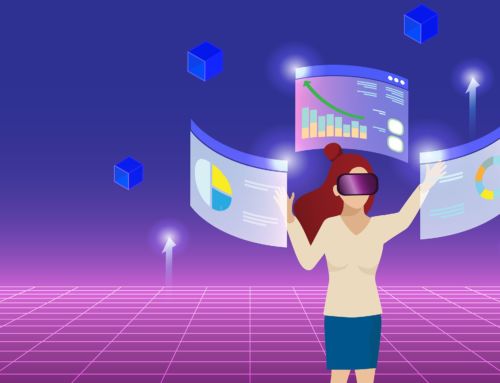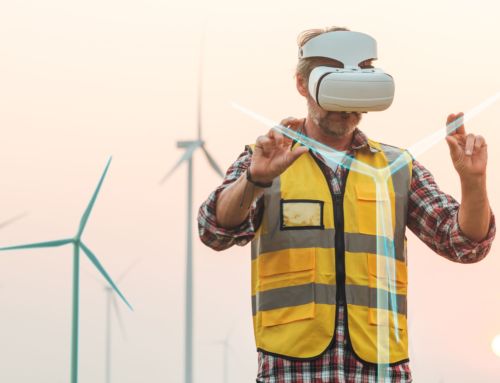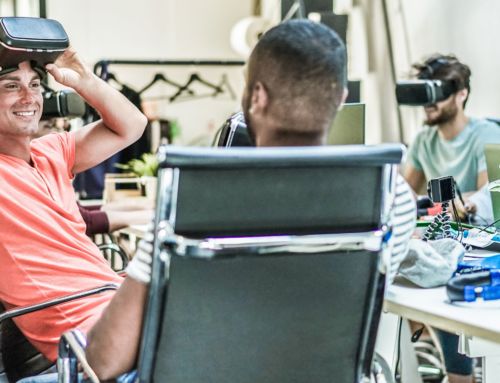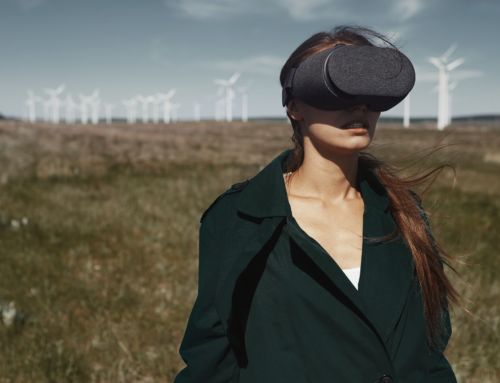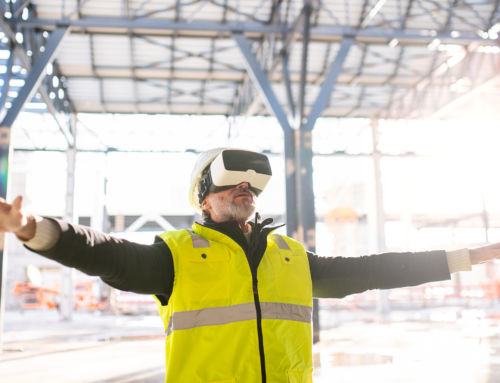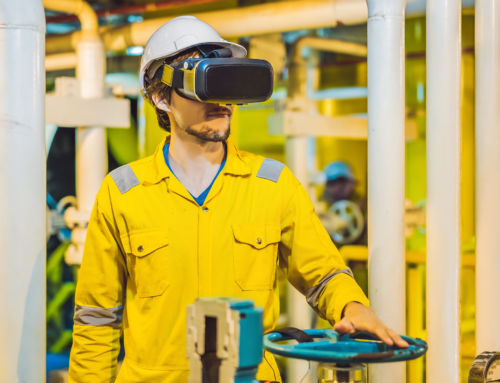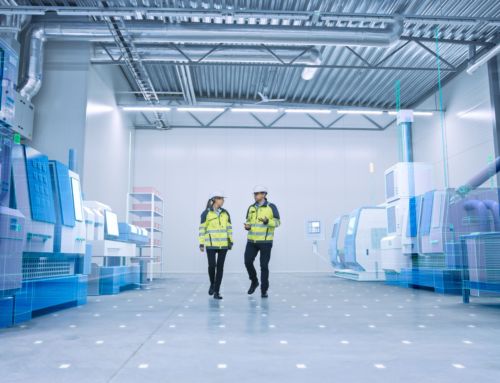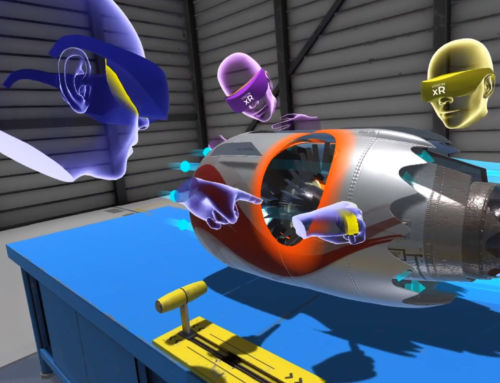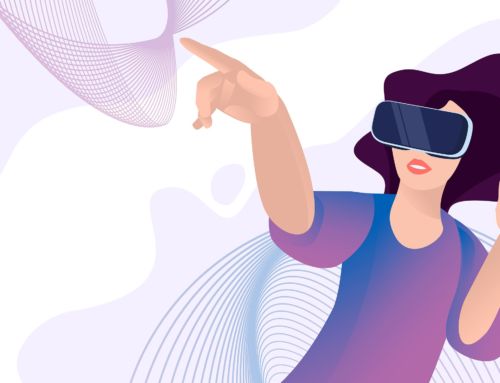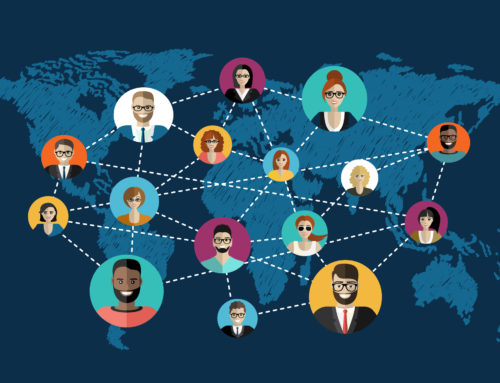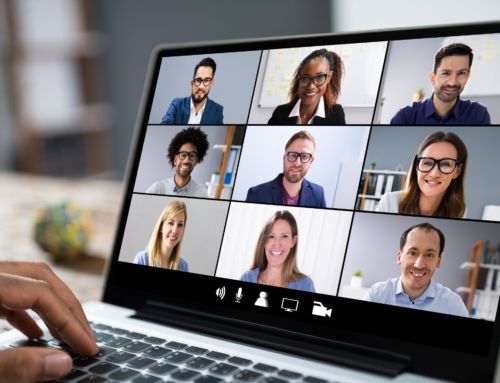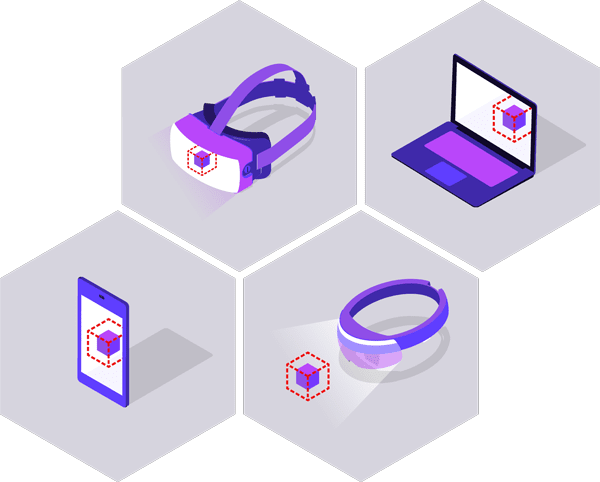Welcome to Building New Realities – the fifth episode of Future Visual’s bi-monthly podcast. This week my guest is Simon Roberts, Business Anthropologist.
Simon is one of the world’s leading anthropologists in business. He advises some of the largest global organisations, including Intel, Facebook, Spotify, Google and many other Fortune 500 companies, through his London-based consultancy, Stripe Partners.
Simon’s work has been covered by the Financial Times, The Wall Street Journal and BBC Radio 4. He lives with his wife and three children in East Sussex. His book The Power of Not Thinking is out now in e-book and Audio format and will be published on July 9th.
Simon talked to me about how he helps companies understand people by conducting ethnographic research and thereby taking yourself into other people’s worlds. Companies can therefore construct meaning in pursuit of building better products and services by grounding truth and reality to businesses. The Covid crisis has rapidly accelerated the adoption of remote immersive collaboration technologies and we discuss Amara’s Law – will it prove us wrong as we assume everything is going to change quickly post Covid?
In discussing his new book, Simon suggests that intelligence can be held in our bodies and that embodied knowledge is a real force – should we trust our executive brain or should we trust our gut? Tune in to find out…..
Notes on Episode 5: In conversation with Simon Roberts by Tim Fleming
Simon is a business anthropologist studying the business of how business is done.
One of his observations of the enforced period of lockdown and the subsequent proliferation of remote working is that it can actually take a lot of time to become accomplished at remote work and that offices create shared meaning.
This topic of shared meaning is worthy of an entire podcast as it directs us back to the motivation of work. Simon’s talks about the fact that by inhabiting shared physical space, we are on a journey together where the values should be ingrained in the fabric of the space. With remote working, Simon thinks younger people will miss out through this lack of physical space and the values through osmosis and conversational engagement that occur.
As we riff on the values of remote working it unveils the first of the theories Simon mentions “Amara’s laws” – the tendency for us to assume that everything is going to change quickly when a new piece of technology or situation arises. At Future Visual we are heavily invested in remote collaboration in many forms, whether it is for the purposes of VR training or esports viewing – we have often stated that the Covid crisis has rapidly accelerated the adoption of remote immersive collaboration technologies. Will Amara’s law prove us wrong?!
From the business anthropological view there is a long history of offices and the concept of physical meeting spaces is not going to disappear anytime soon. Interestingly Simon thinks the office of the future looks a lot like WeWork – spaces where the social aspect of physical presence is a priority.
Moving on to Simon’s book “The Power of Not Thinking” he suggests that intelligence can be held in our bodies and that embodied knowledge is a real force.
Whilst embodied knowledge is difficult to express in science and maths we see it at play in activities like bike riding and swinging a racket – we don’t know how it is “in our body” hence the term muscle memory.
Cultural knowledge is embodied – what behaviour might best serve us in certain scenarios or environments?
We have all heard the phrase “don’t overthink it” and as someone who has suffered from that, I can relate. Overthinking means there is too much “executive” brain function in use and not enough letting go or trusting the body or gut to know.
If you want to understand other people’s experience use your body – what lies below the executive brain we know more than we can tell!
Theories
Hubert Dreyfus Philosopher on the Limits of Computers
Book recommendations
Range: How Generalists Triumph in a Specialized World By David Epstein
The Righteous Mind: Why Good People are Divided by Politics and Religion By Jonathan Haidt
The Power of Not Thinking: How Our Bodies Learn and Why We Should Trust Them By Simon Roberts

Building New Realities is published every 2 weeks on:
Soundcloud, Stitcher, Spotify and Apple Podcasts
Building New Realities Episode 5 was presented by Tim Fleming, Founder of Future Visual, the award winning VR & AR company. Future Visual helps teams achieve faster routes to competency at a reduced risk with VR & AR business solutions. Ground breaking immersive experiences delivering ROI. Future Visual’sVR collaboration tool VISIONxR™ extends your workplace to join remote VR team meetings from remote global locations to collaborate and learn, enhancing high value productivity.
To get in touch to discuss your next project contact us here: https://www.futurevisual.com/contact/
Welcome to Building New Realities – the fifth episode of Future Visual’s bi-monthly podcast. This week my guest is Simon Roberts, Business Anthropologist.
Simon is one of the world’s leading anthropologists in business. He advises some of the largest global organisations, including Intel, Facebook, Spotify, Google and many other Fortune 500 companies, through his London-based consultancy, Stripe Partners.
Simon’s work has been covered by the Financial Times, The Wall Street Journal and BBC Radio 4. He lives with his wife and three children in East Sussex. His book The Power of Not Thinking is out now in e-book and Audio format and will be published on July 9th.
Simon talked to me about how he helps companies understand people by conducting ethnographic research and thereby taking yourself into other people’s worlds. Companies can therefore construct meaning in pursuit of building better products and services by grounding truth and reality to businesses. The Covid crisis has rapidly accelerated the adoption of remote immersive collaboration technologies and we discuss Amara’s Law – will it prove us wrong as we assume everything is going to change quickly post Covid?
In discussing his new book, Simon suggests that intelligence can be held in our bodies and that embodied knowledge is a real force – should we trust our executive brain or should we trust our gut? Tune in to find out…..
Notes on Episode 5: In conversation with Simon Roberts by Tim Fleming
Simon is a business anthropologist studying the business of how business is done.
One of his observations of the enforced period of lockdown and the subsequent proliferation of remote working is that it can actually take a lot of time to become accomplished at remote work and that offices create shared meaning.
This topic of shared meaning is worthy of an entire podcast as it directs us back to the motivation of work. Simon’s talks about the fact that by inhabiting shared physical space, we are on a journey together where the values should be ingrained in the fabric of the space. With remote working, Simon thinks younger people will miss out through this lack of physical space and the values through osmosis and conversational engagement that occur.
As we riff on the values of remote working it unveils the first of the theories Simon mentions “Amara’s laws” – the tendency for us to assume that everything is going to change quickly when a new piece of technology or situation arises. At Future Visual we are heavily invested in remote collaboration in many forms, whether it is for the purposes of VR training or esports viewing – we have often stated that the Covid crisis has rapidly accelerated the adoption of remote immersive collaboration technologies. Will Amara’s law prove us wrong?!
From the business anthropological view there is a long history of offices and the concept of physical meeting spaces is not going to disappear anytime soon. Interestingly Simon thinks the office of the future looks a lot like WeWork – spaces where the social aspect of physical presence is a priority.
Moving on to Simon’s book “The Power of Not Thinking” he suggests that intelligence can be held in our bodies and that embodied knowledge is a real force.
Whilst embodied knowledge is difficult to express in science and maths we see it at play in activities like bike riding and swinging a racket – we don’t know how it is “in our body” hence the term muscle memory.
Cultural knowledge is embodied – what behaviour might best serve us in certain scenarios or environments?
We have all heard the phrase “don’t overthink it” and as someone who has suffered from that, I can relate. Overthinking means there is too much “executive” brain function in use and not enough letting go or trusting the body or gut to know.
If you want to understand other people’s experience use your body – what lies below the executive brain we know more than we can tell!
Theories
Hubert Dreyfus Philosopher on the Limits of Computers
Book recommendations
Range: How Generalists Triumph in a Specialized World By David Epstein
The Righteous Mind: Why Good People are Divided by Politics and Religion By Jonathan Haidt
The Power of Not Thinking: How Our Bodies Learn and Why We Should Trust Them By Simon Roberts

Building New Realities is published every 2 weeks on:
Soundcloud, Stitcher, Spotify and Apple Podcasts
Building New Realities Episode 5 was presented by Tim Fleming, Founder of Future Visual, the award winning VR & AR company. Future Visual helps teams achieve faster routes to competency at a reduced risk with VR & AR business solutions. Ground breaking immersive experiences delivering ROI. Future Visual’sVR collaboration tool VISIONxR™ extends your workplace to join remote VR team meetings from remote global locations to collaborate and learn, enhancing high value productivity.
To get in touch to discuss your next project contact us here: https://www.futurevisual.com/contact/





